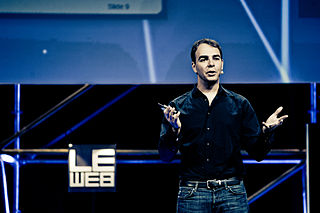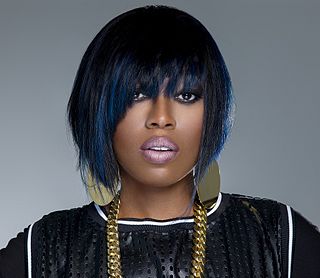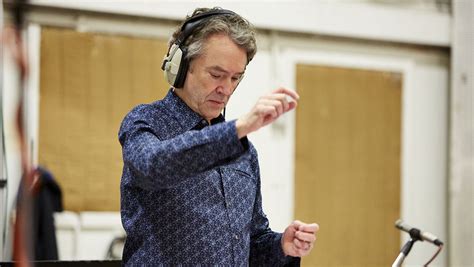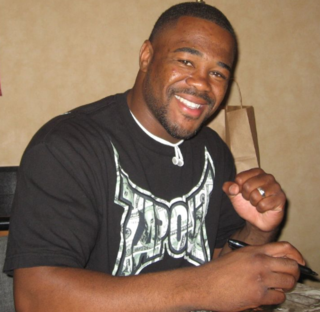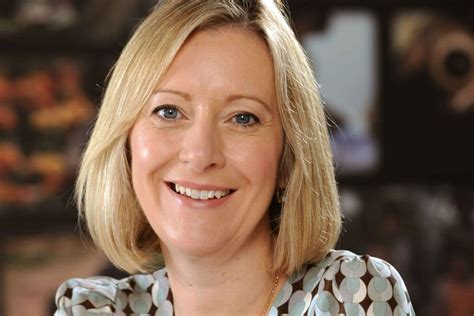A Quote by Fabrice Grinda
I could have probably been just as successful by not going to college, but it was the most intellectually stimulating environment that I was ever in.
Quote Topics
Related Quotes
?Using his burgeoning intelligence, this most successful of all mammals has exploited the environment to produce food for an ever increasing population. Instead of controlling the environment for the benefit of the population, perhaps it's time we controlled the population to allow the survival of the environment.
I always have been an entertainer, whether it's been joking or performing for people. And I always thought I had a talent, because I could rap and I could sing, and I did write. And all the other kids were going to college, but I just felt like I had to do this first, and if it didn't work, then I would go to college.
TV is the only medium that I've ever been successful with in delivering really emotional messaging and I think as people are trying to work their way through what this changing environment is going to mean, playing to the emotional side as well as the pragmatic and the rational side is going to be something that a number of brands will want to fully explore.
I actually felt like college was a much better and more comfortable environment for me than high school was. I think that can largely be attributed to the fact that I go to Barnard, which is a women's college that promotes women's leadership, a strong community and independence which are all things I obviously value. Before I got to school I think I expected most women there to identify as feminist, which I found wasn't necessarily the case, but I loved that I was able to have really intelligent and stimulating conversations with women about feminism no matter how they identified.
I think we're going to care more about Americans than Africans. I don't think that's ever going to go away, and I don't think it's ever going to go away that people care more about their families than strangers, and their communities over other communities. But I think it would transform the world in such a good way if we could just acknowledge, at least intellectually, that an African life and an American life are the same.
